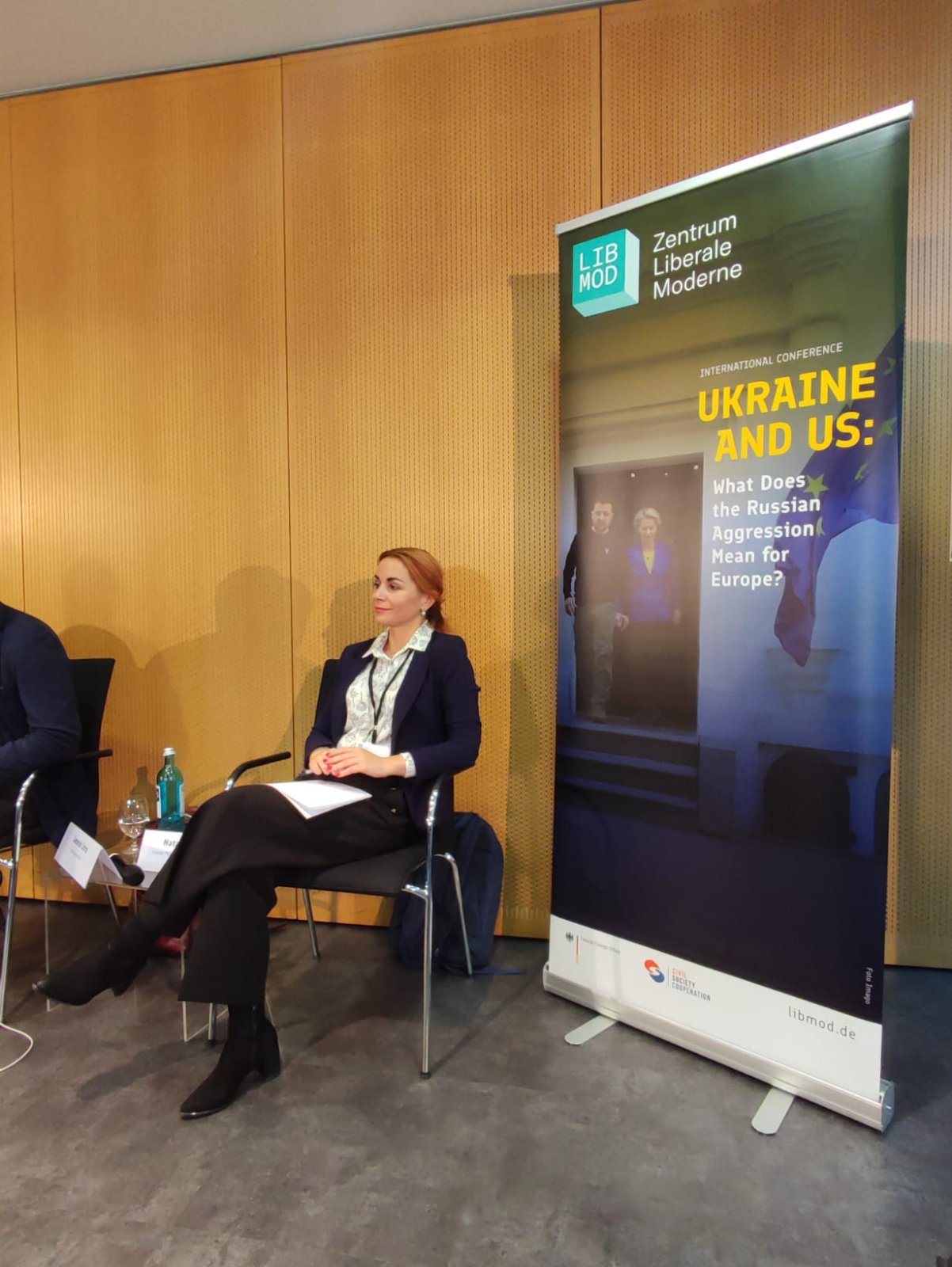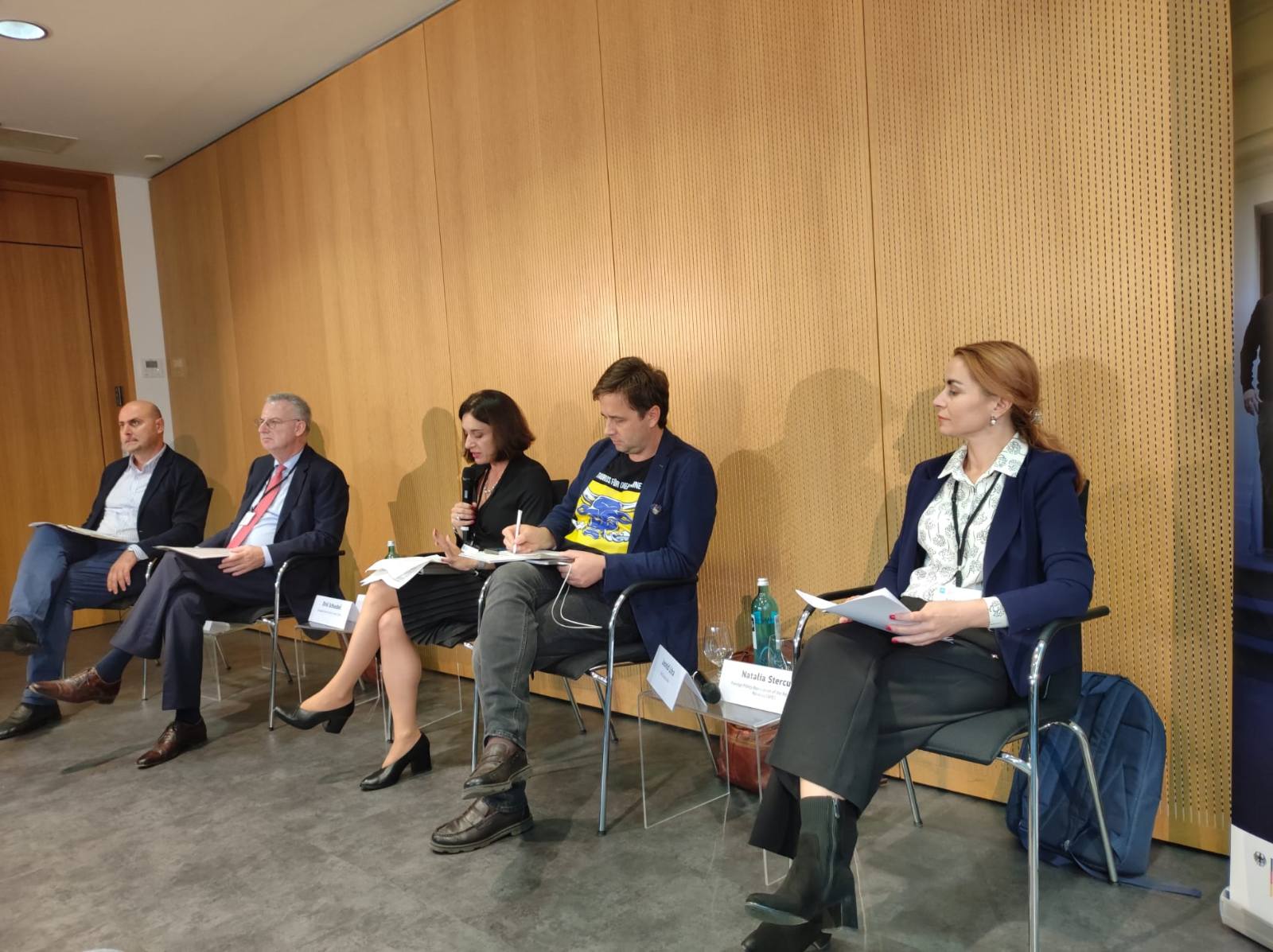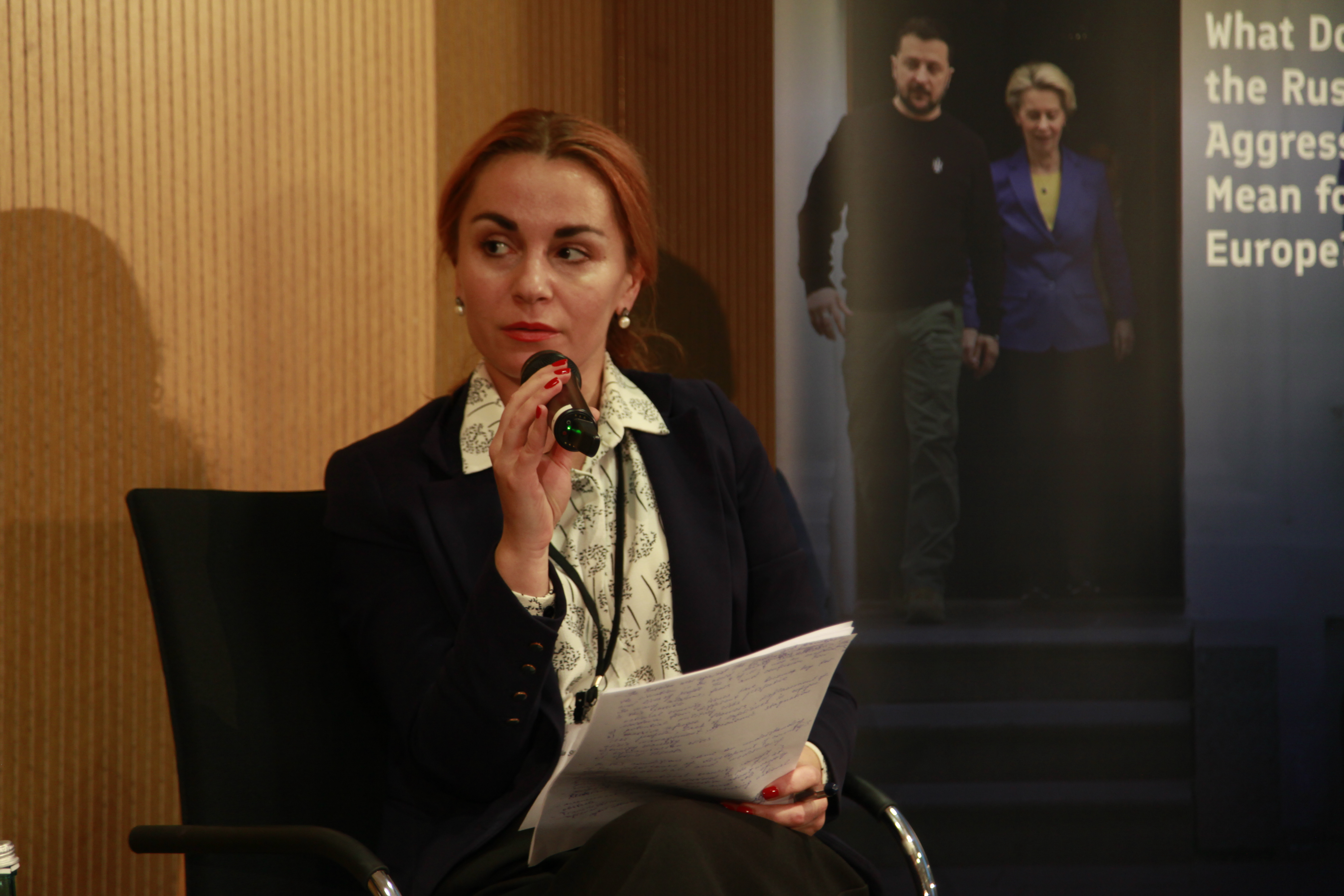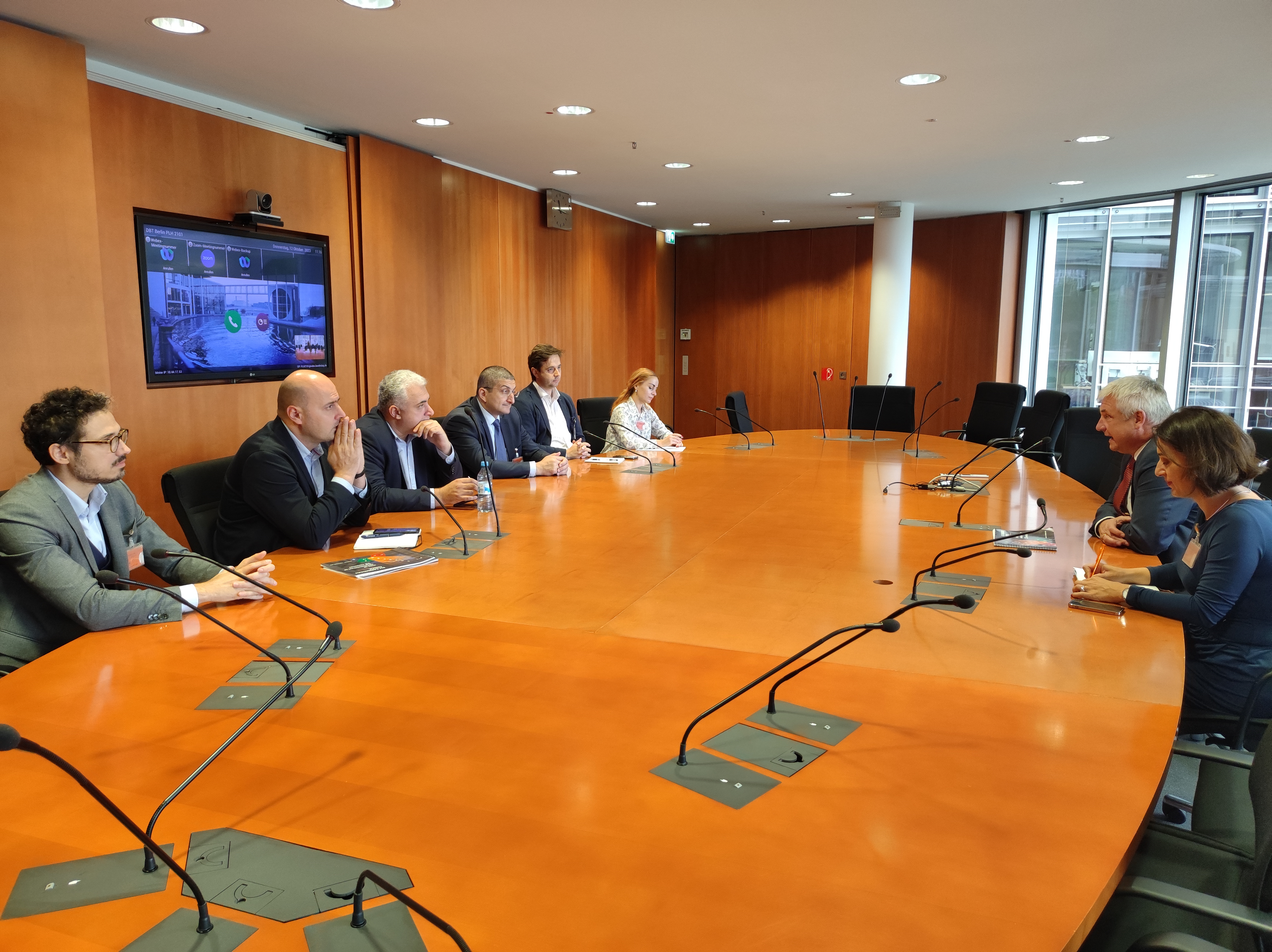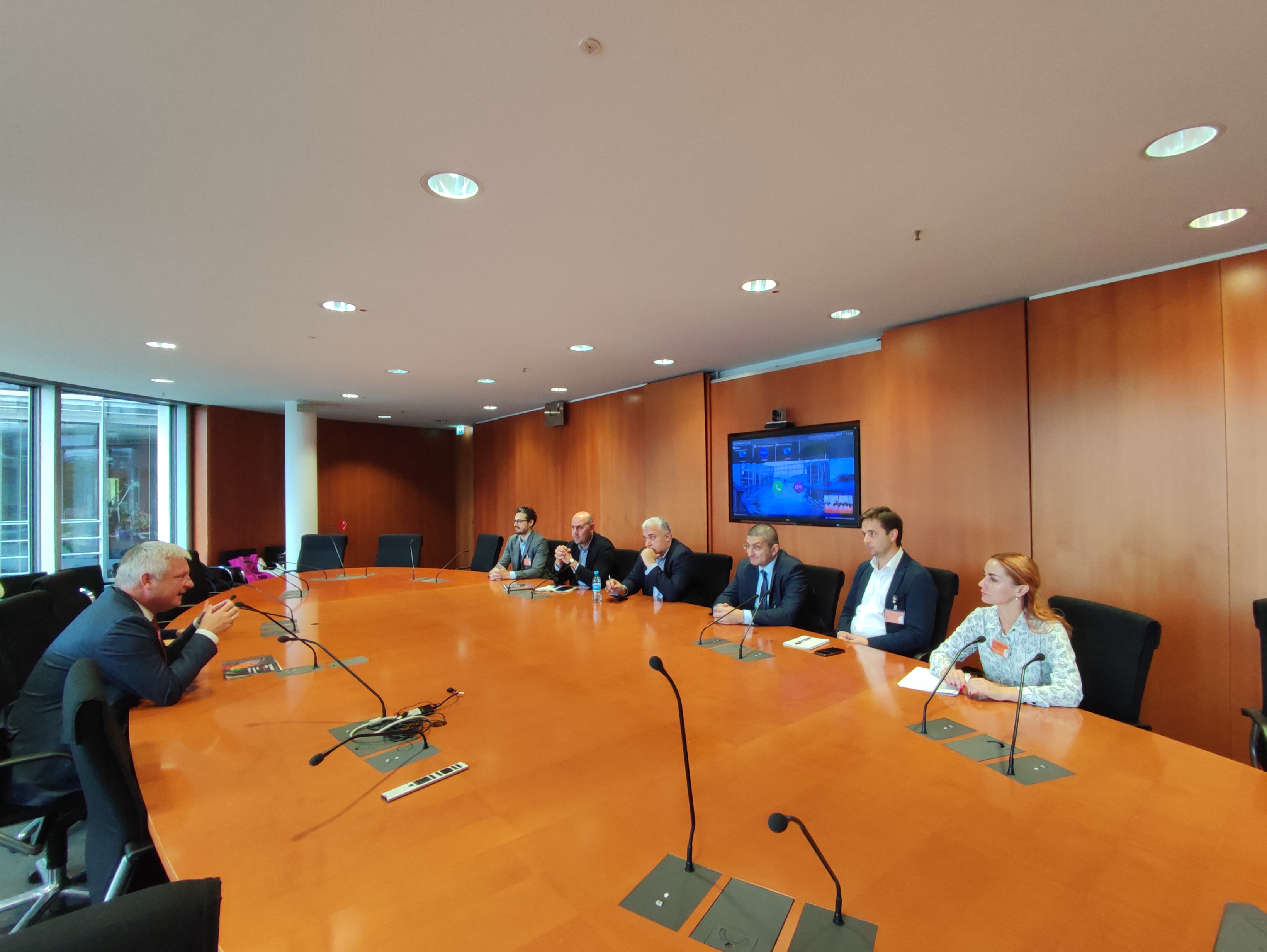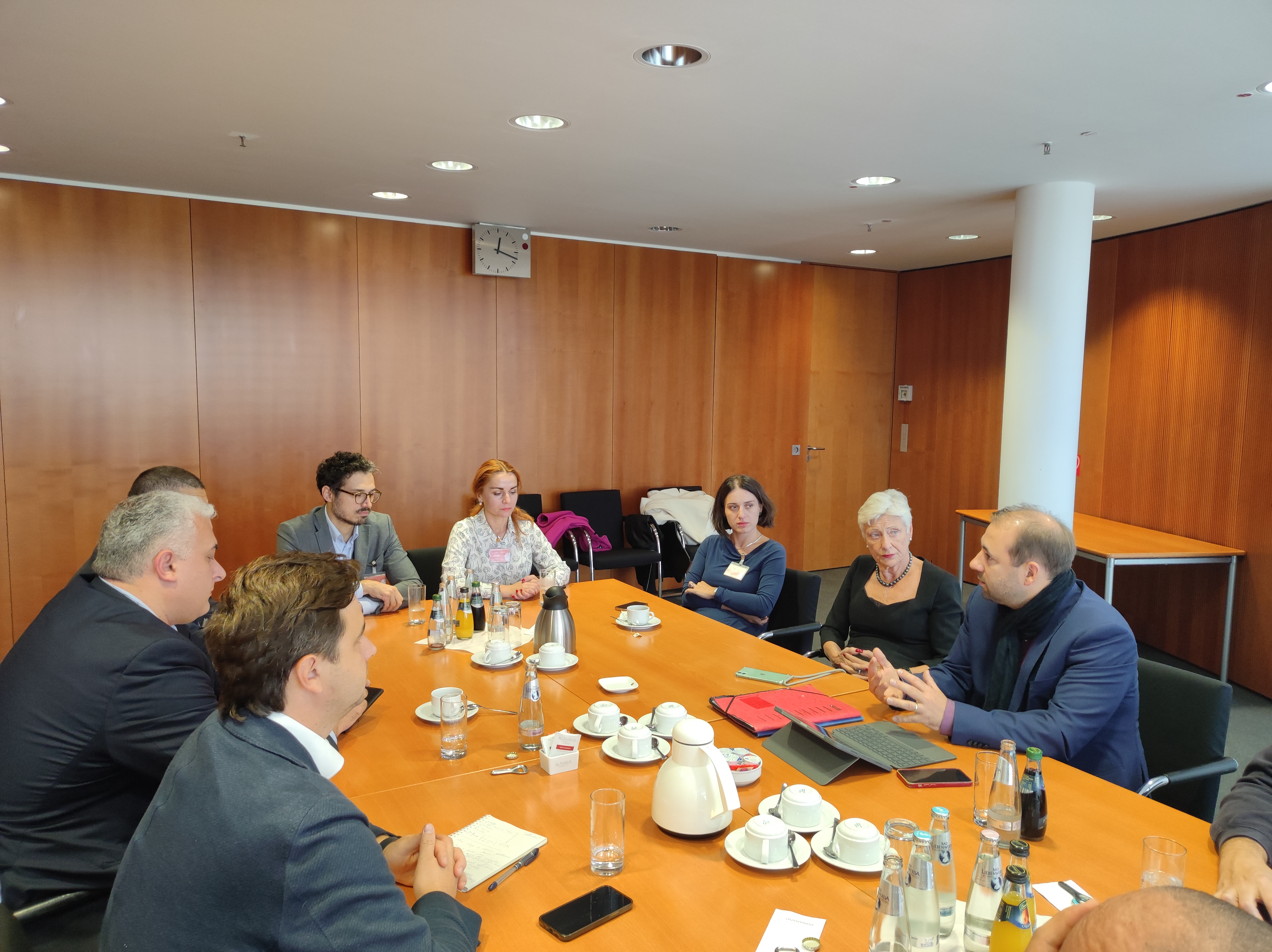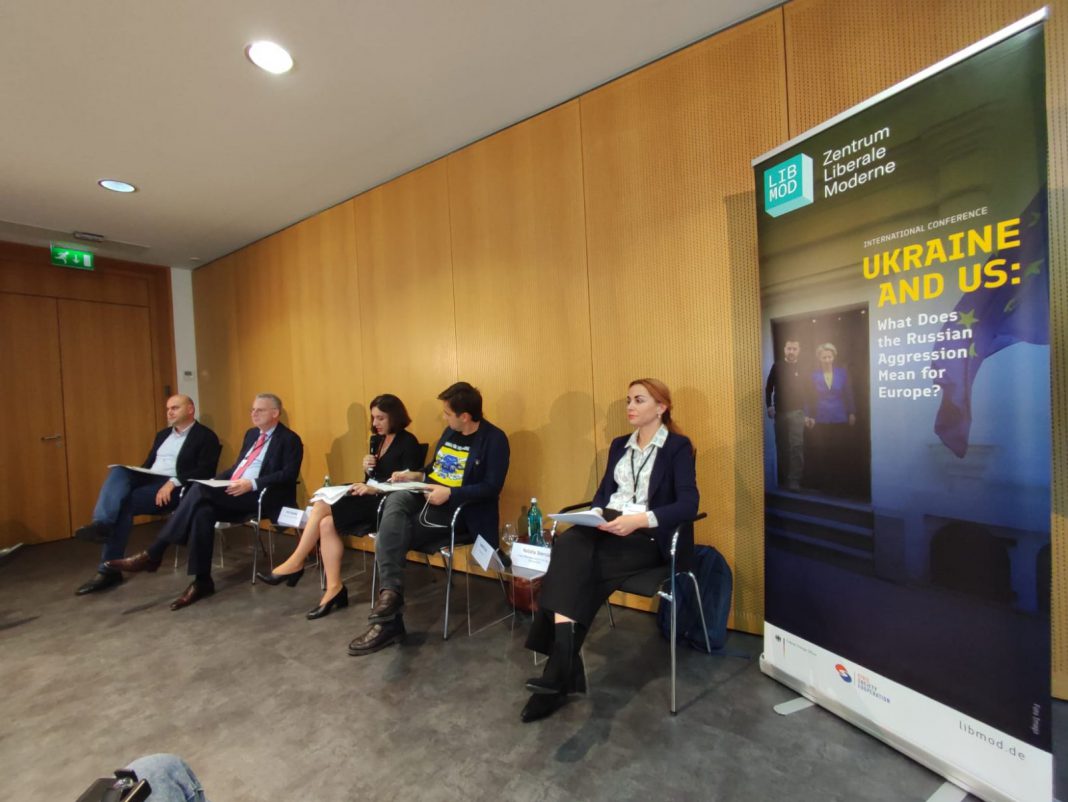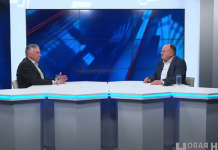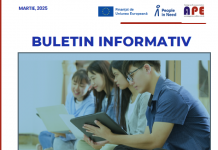“Ukraine and US: What does the Russian aggression mean for Europe?” was the main topic of the international conference in Berlin, organized by the Zentrum Liberale Moderne. Natalia Stercul, Executive Director of the Foreign Policy Association of Moldova participated in the conference as a speaker.
This platform of discussion brought together international experts from academia, civil society and politics, with the aim of deepening the understanding of the processes that made this war possible in the first place, discussing the implications of the war for Ukraine and Europe, and drawing conclusions for the future European security order.
Russia’s war against Ukraine is not an isolated event, but a symptom of a fundamental conflict and future international order. Following keynotes and input from Dmytro Kuleba and Timothy Garton Ash, in the framework of the international conference, together with Anton Korynevych, Anton Hofreiter, Christoph Heusgen, Olga Stefanishyna, Tilman Kuban Jochen Flasbarth, Roderich Kiesewetter Dirk Schuebel, Marieluise Beck Justyna Gotkowska, Karolina Wigura Ralf Fuecks, Andrius Kubilius Nico Lange, Rebecca Harms and many others, was discussed the importance of the war for the future of the European security architecture – and the processes that enabled the war.
The conference was organized on October 11, by LibMod, in Berlin, Germany.
After the conference, on October 12, with the aim to promote the direct dialogue between the civil society of the three associated countries and political decision-makers in Berlin on EU accession, there were organized Advocacy talks with members of the Bundestag, in particular with Thomas Hacker, Member of the EU Affairs Committee at the German Bundestag, FDP Parliamentary Group, Knut Abraham, Member of the Foreign Affairs Committee CDU, Johannes Schraps, Member of the EU Committee, SPD. Participants from the Republic of Moldova, Ukraine and Georgia have presented short statements on the current foreign policy situation in their home country, main achievements and problems in the implementation of conditions of the European Commission for the beginning of accession negotiations and potential challenges for the EU accession.
